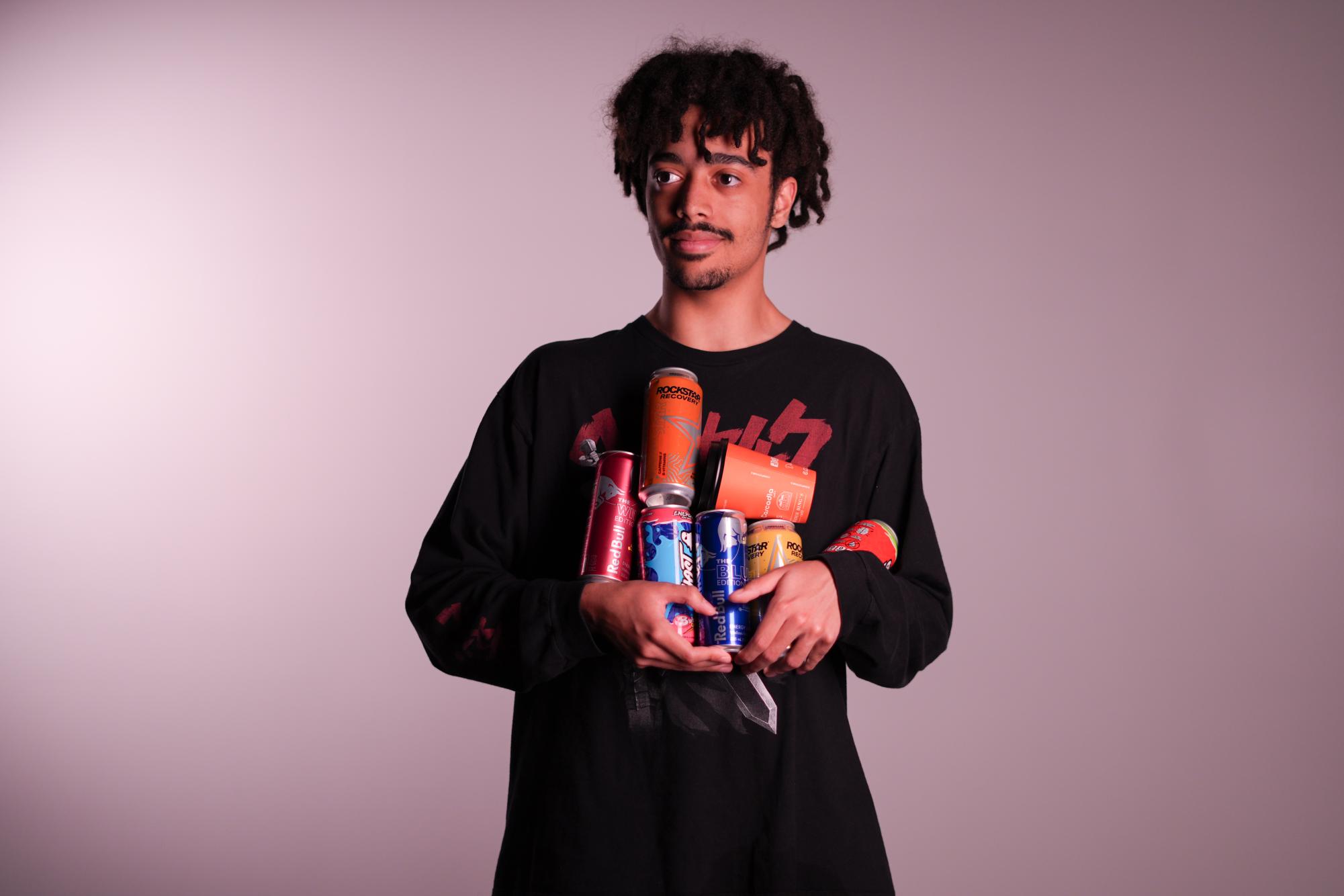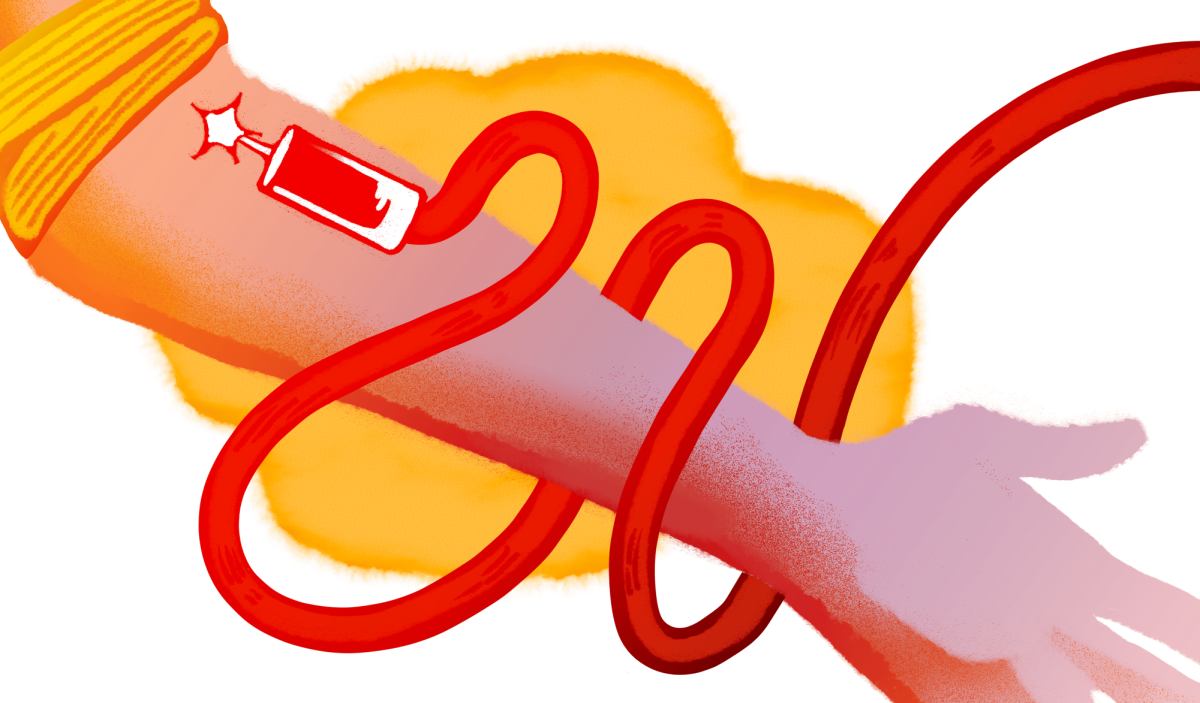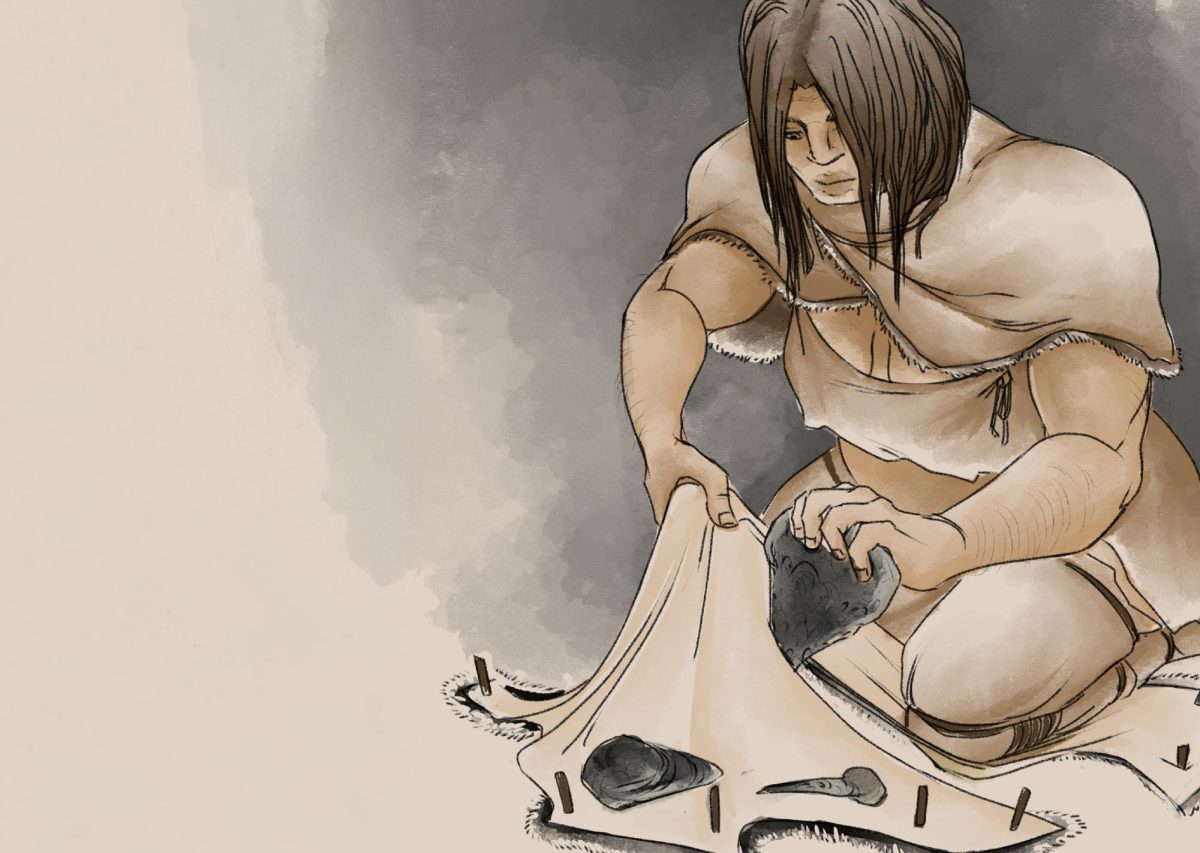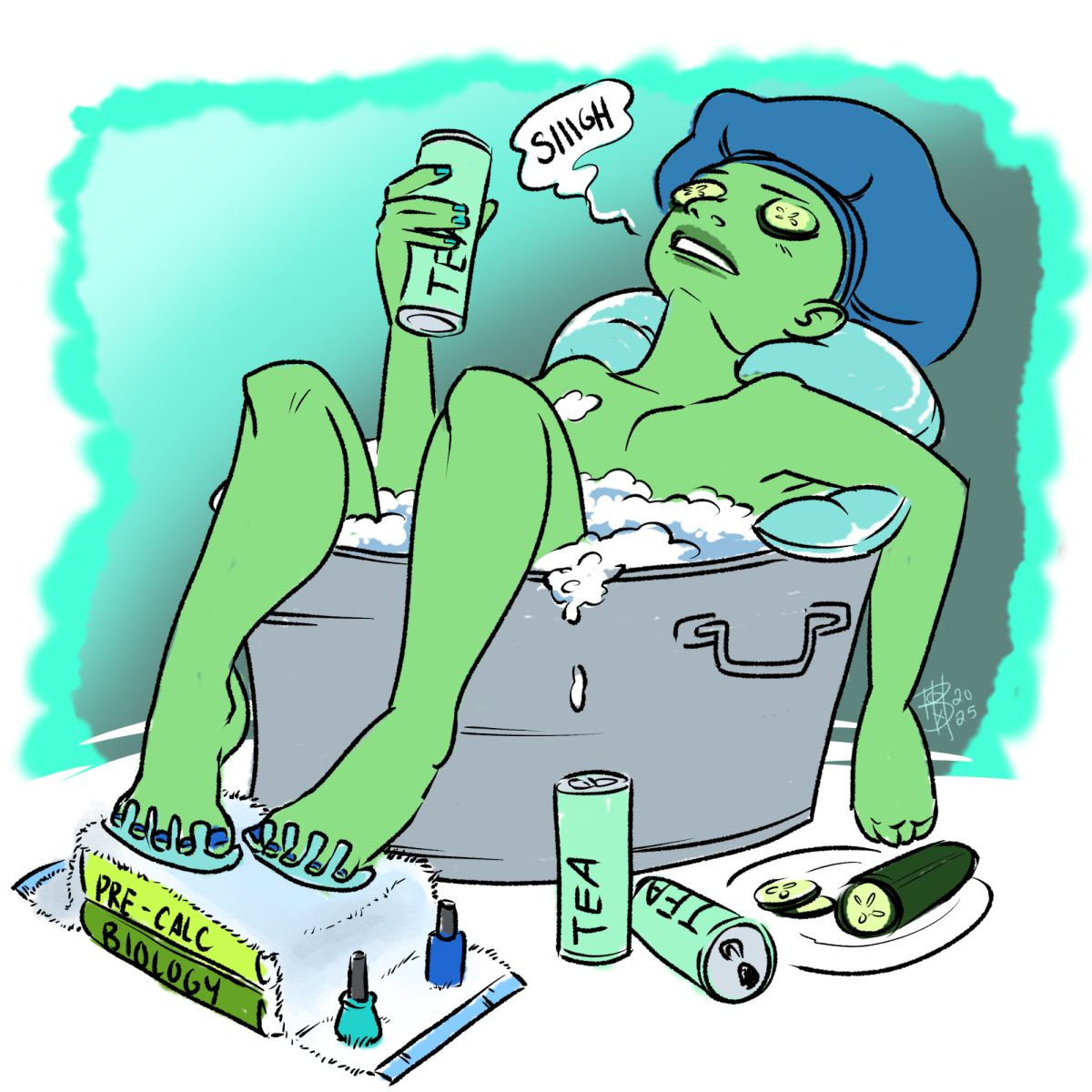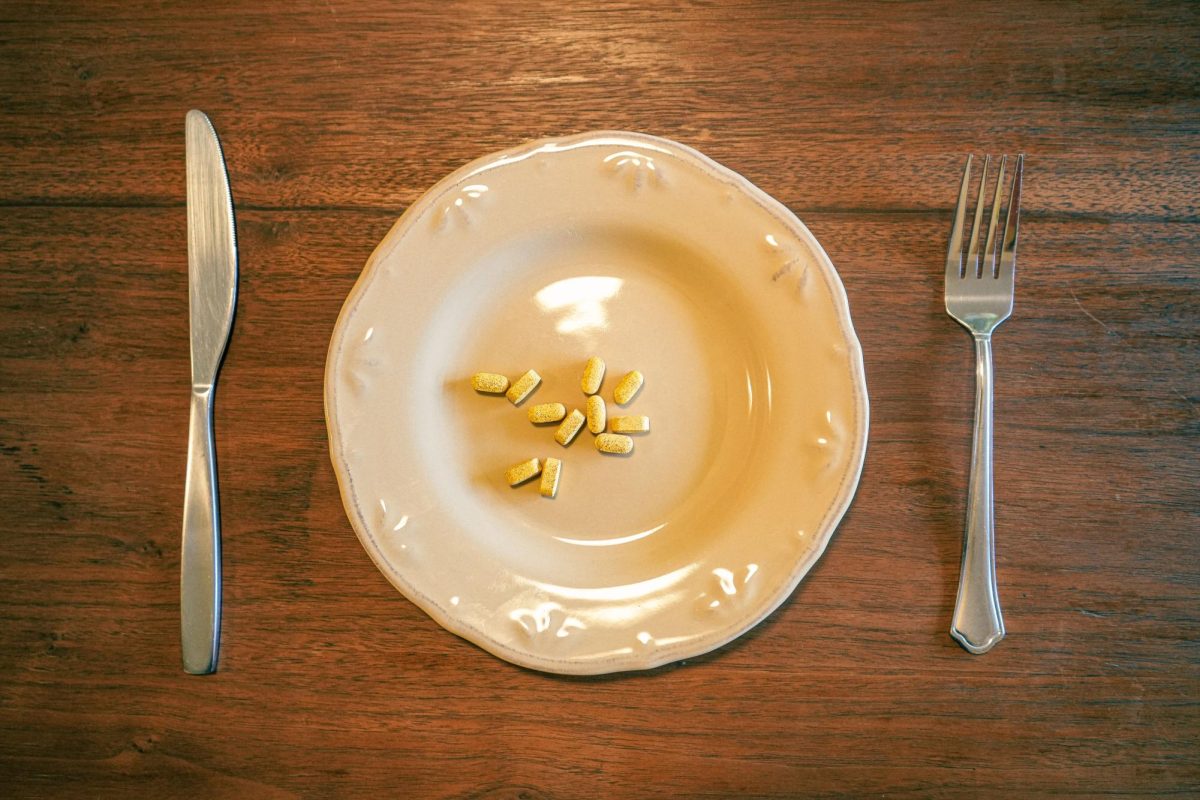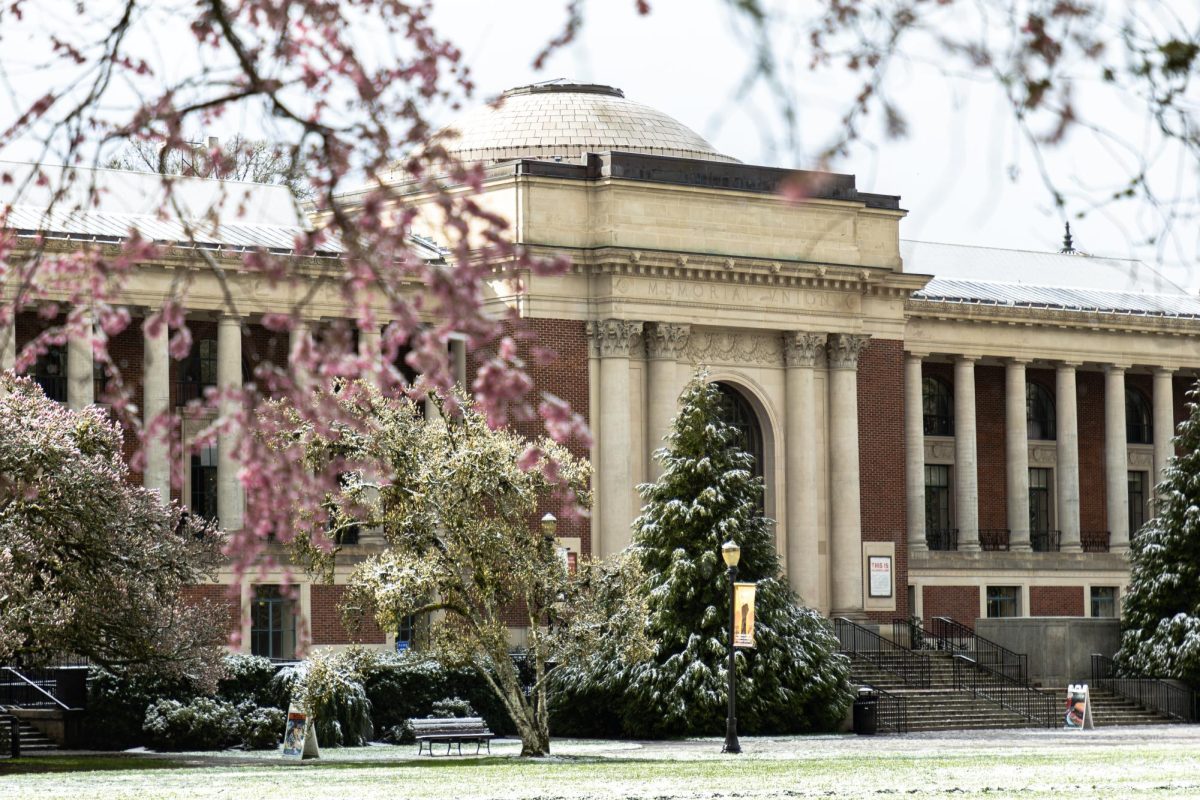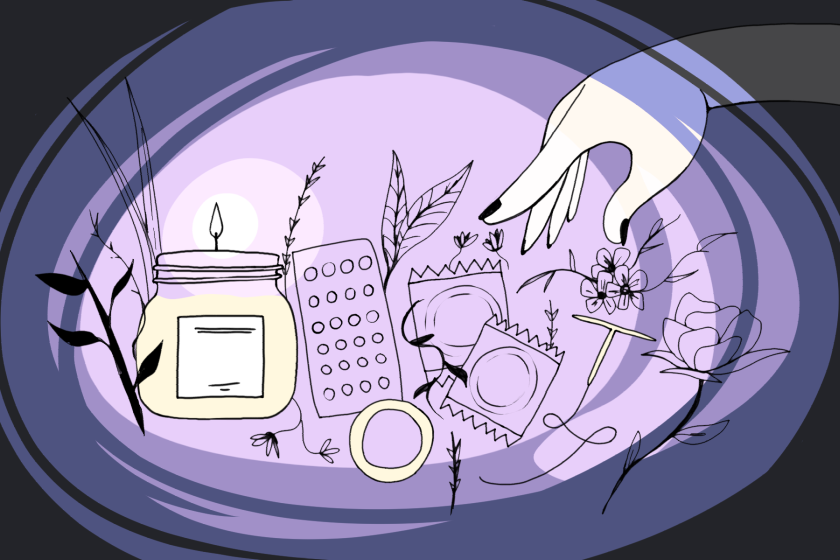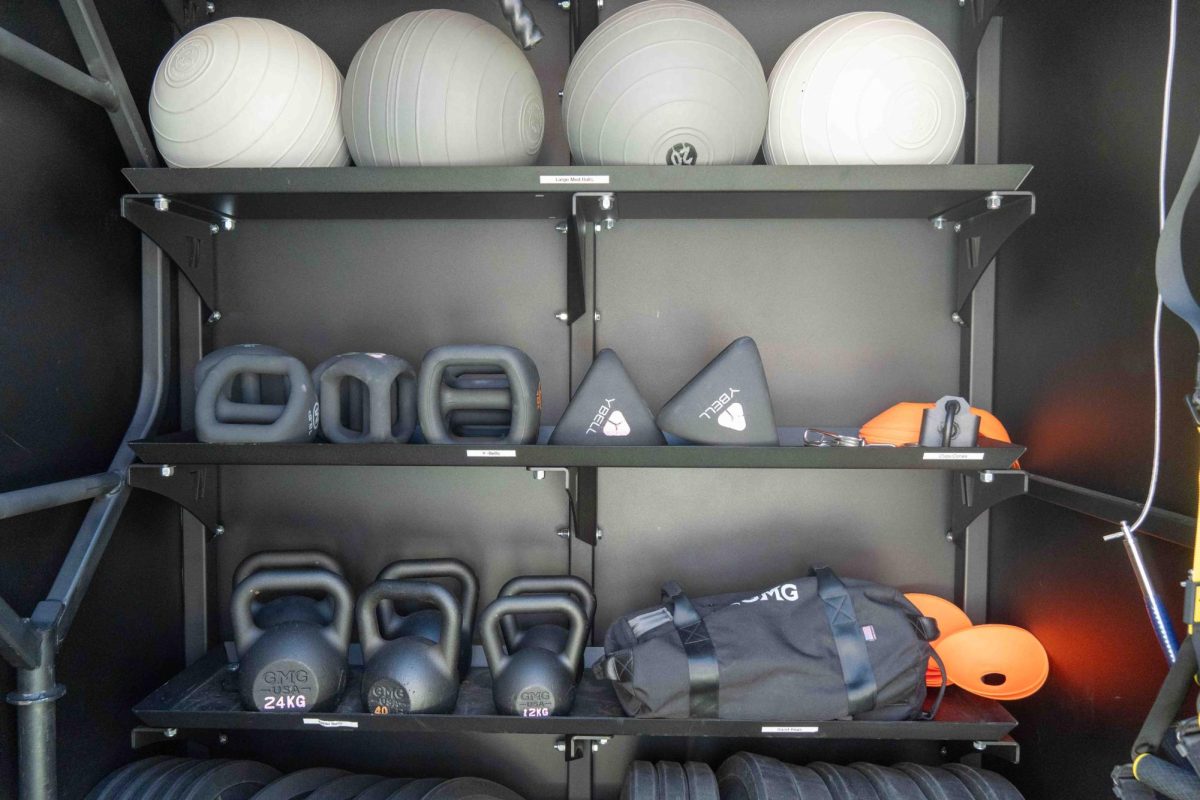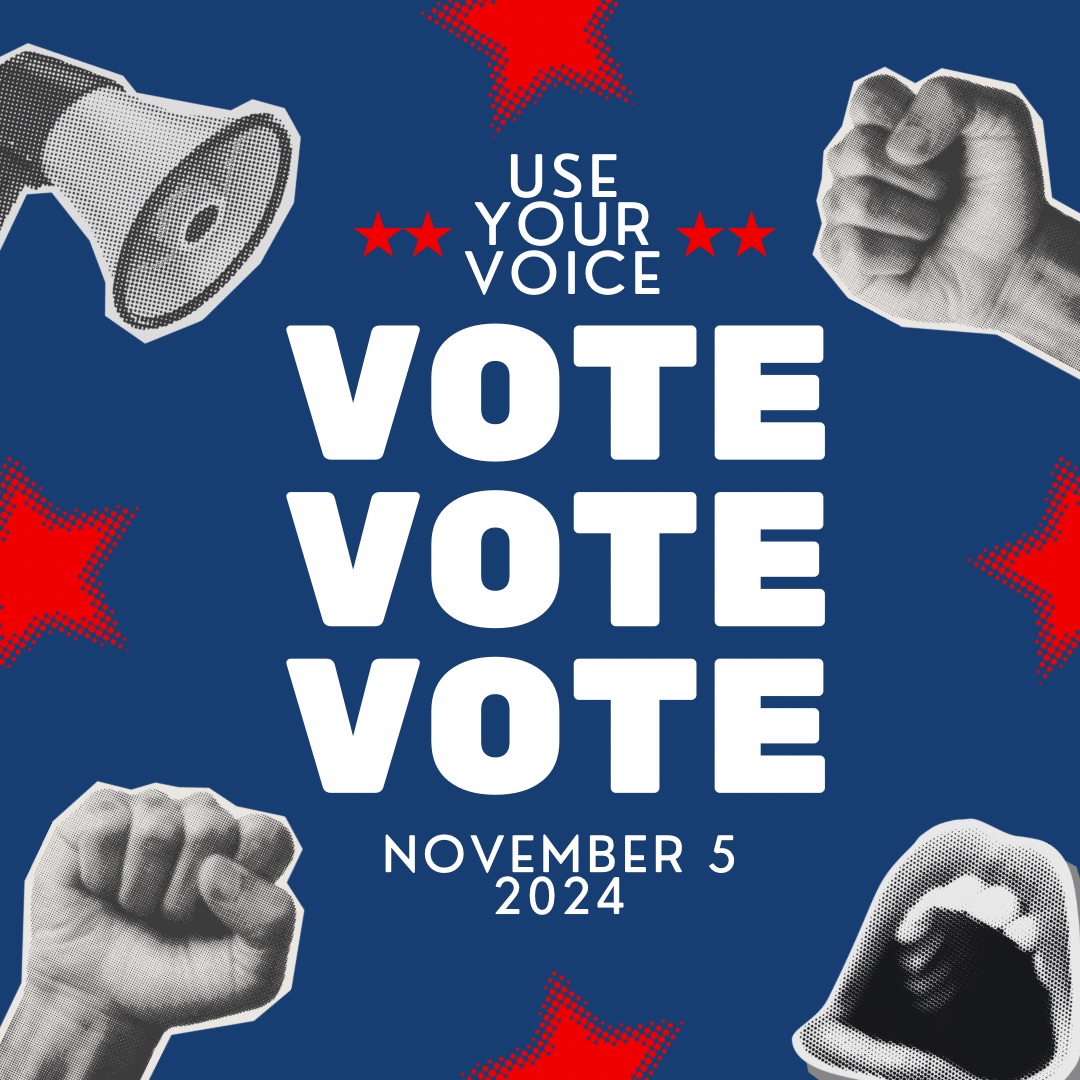Sometimes it’s the only thing that gets you up in the morning. Your nostrils anticipate the smell already, as you’re prepping your favorite mug with a strong batch of hot, delicious coffee.
You’re not too worried about how much you rely on caffeine, but maybe you just don’t know the science behind it.
“Caffeine is a stimulant, which means that it is a substance that stimulates your central nervous system,” said Jessee Dietch, assistant professor of psychology, who runs the Sleep Health Assessment, Intervention, and Dissemination Lab (SHAID) on campus. “It can have the effect of boosting your alertness (and) energy levels or reducing feelings of sleepiness (and) fatigue.”
Around 93% of Americans consume caffeine regularly, according to Food Insight, an information hub for the International Food Information Council
Caffeine can include coffee, tea, soft drinks, energy drinks, gum and medications. In a study conducted in 2018, it was found that 92% of college students were said to consume caffeine on a regular basis.
“Caffeine is incredibly pervasive in our culture,” Dietch said. “It’s the most widely used drug (in the United States).”
Caffeine is shaped similarly to adenosine molecules, which is an inhibitory neurotransmitter that depresses the central nervous system and promotes sleep. You feel sleepy when you first wake up because of the adenosine molecules accumulating in your brain. Caffeine doesn’t produce the same effects as adenosine and rather blocks it, so the feeling of sleepiness is offset.
“Caffeine has some additional effects in the body; it causes the blood vessels in the brain to constrict, increases the amount of neuronal firing, increases dopamine levels in the brain and triggers the release of adrenaline,” Dietch said.
These factors can lead to a more positive mood, greater physical performance, cognitive functioning (mental processes) and increases metabolism temporarily.
These positive effects of coffee lead to such a high number of college students consuming it. If you need to stay alert throughout the day, you may turn to coffee. If you are cramming for a test day, you might get a pot of coffee ready for the night ahead.
Addison Castillo, a first-year biology major, says she drinks four or five cups every day.
On the other hand, fourth-year environmental science major, Aiden Callahan says he has two to three coffees per week.

Upon asking 101 college students in an Instagram poll in 2023 how often they drink coffee, 41% said every day, some indicating they drink multiple caffeinated drinks per day. Thirty-six percent said they drank coffee almost everyday, 15% said a few times a week and 9% said a few times a month or never.
According to Dietch, consuming caffeine in high doses or near your bedtime can have a detrimental impact on sleep.
“The average half-life of caffeine, meaning how long it takes for half of the bioavailable caffeine to stop being effective in the body, is about five hours,” Dietch said. “This can result in difficulty falling asleep if it’s used too close to bedtime.”
Dietch recommends setting a “cut-off” time and amount of caffeine to limit yourself and checking the amount of caffeine in a product in this database.
The Food and Drug Administration suggests healthy adults take no more than 400 mg per day, which is about four to five eight ounce cups of regular strength coffee.
“Depending on your bedtime, around 2-3 p.m. might be a good starting point,” Deitch said. “If you don’t see an improvement after a few weeks, consider moving your cut-off time even earlier.”
Dietch also suggests avoiding the reactive cycle of caffeine use. Meaning, don’t resort to coffee to help you stay awake after a bad night’s sleep. That coming night, it’ll be harder for you to have a full night’s sleep, where you’ll likely want to consume coffee the next day, continuing the cycle.
“Instead, if you have a bad night of sleep, consider reacting by keeping your caffeine level the same or even lower, to ensure you are setting yourself up for the best chances of sleeping well that night,” Dietch said. “To cope with sleepiness in the afternoon, instead of using caffeine, consider going for a brisk walk, getting some bright light, and/or chatting with a friend instead.”
Caffeine can be addictive for some people, Dietrich said. You may have withdrawal symptoms if you stop consuming it. Your tolerance may also be affected, as you’ll start to consume more and more caffeine overtime to get the same effect.
“It can result in some psychological dependence as well, meaning that people feel they need caffeine to function normally,” Dietch said.
Caffeine can be hidden in many of our daily consumptions, such as chocolate, protein bars and medications.
“Caffeine can show up in sneaky places that we don’t always expect,” Dietch said.


